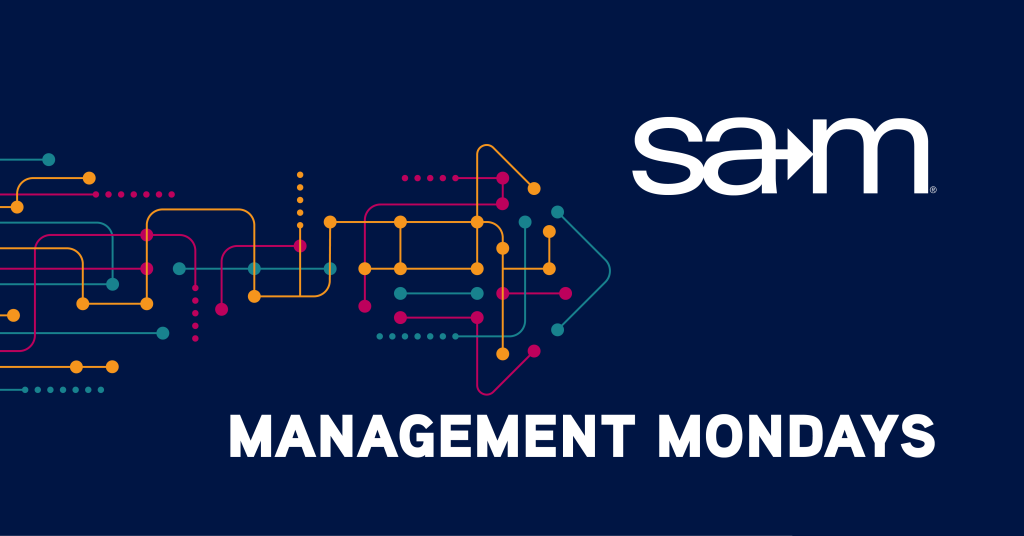
Loyalty has long been viewed as a virtue in the workplace. Employees who are considered loyal are often praised for their commitment and reliability. However, today’s work environments are fast-moving and constantly evolving. As a result, loyalty cannot mean what it used to. It should no longer be defined by blind allegiance or staying in place no matter the circumstances. Loyalty now involves mutual respect, honesty, and a shared commitment to the greater mission. It must be redefined as active engagement rather than passive agreement.
For early-career professionals and mid-level managers, this shift can feel uncomfortable at first. There is often pressure to either fully align with leadership or risk being labeled as disloyal. But true loyalty is not about silencing your perspective. It involves speaking up when necessary and challenging ideas with care and respect. Loyalty means staying committed to a team’s success, even when that requires difficult conversations. It is rooted in the belief that improvement and honesty go hand in hand.
Differentiating Loyalty from Compliance
It is important to distinguish loyalty from compliance. Compliance focuses on following directions, avoiding conflict, and sticking to the expected path. Loyalty, in contrast, is about showing up with purpose and a willingness to contribute meaningfully. It includes asking hard questions, voicing concerns respectfully, and standing firm on principles when needed. Loyalty does not mean always saying yes. It means staying connected and invested even when your opinion differs from others on the team.
Leaders who mistake compliance for loyalty often miss valuable feedback. A compliant team might execute instructions, but it will hesitate to challenge flawed assumptions. Loyal team members offer critical insights because they care about the quality of the outcome. When trust exists, people feel empowered to voice disagreement without fear of being seen as disruptive. Loyalty, when it includes space for healthy disagreement, supports continuous learning and stronger decision-making. Compliance alone may keep operations running, but loyalty ensures that they improve over time.
Speaking Up for People and to Them
Loyalty is not just about supporting leadership. It also involves advocating for peers and being honest in relationships across the organization. This could mean recognizing a team member’s contributions when others overlook them, or it could mean raising concerns about fairness or ethics. Loyalty is both vertical and horizontal. It shows up when you defend a colleague, give credit where it is due, or bring up an issue that could affect the team’s morale.
Just as important is the ability to give feedback directly to those around you. If a teammate’s behavior is affecting the group, loyalty means addressing it calmly and constructively. Silence in these moments can be harmful. Speaking up shows that you value the relationship enough to invest in its improvement. It is not about confrontation, but about creating clarity and mutual understanding. When people can rely on you to be honest, they are more likely to return that trust. Loyalty, in this way, strengthens relationships by encouraging truthfulness and care.
The Role of Loyalty in Career Development
Loyalty can shape your career in powerful ways, but only if it is mutual and thoughtfully managed. If loyalty turns into self-sacrifice, such as staying silent to avoid conflict or remaining in a role that no longer supports your growth, it can lead to frustration and burnout. On the other hand, when loyalty is reciprocated through mentoring, development opportunities, and honest communication, it creates momentum for long-term success. A supportive environment helps you grow, and in return, you give your best effort and energy.
For professionals early in their careers, it is easy to confuse loyalty with staying quiet or always agreeing. In reality, those who respectfully challenge the status quo often gain recognition as thoughtful contributors. Loyalty to your values and integrity does not conflict with loyalty to your organization. Instead, it reinforces your role as a reliable and principled team member. Mid-level managers who model this balance create space for their teams to do the same. This approach builds a workplace where honesty and commitment can coexist.
How Leaders Earn, Not Demand, Loyalty
Loyalty cannot be commanded. It must be earned through consistent action and authentic connection. Leaders who expect loyalty but fail to offer trust, fairness, or transparency often create environments filled with quiet frustration. People may stay compliant for a while, but they will rarely remain engaged or motivated. Loyalty grows when leaders show up with honesty, follow through on commitments, and treat people with respect. It is about building relationships that people want to maintain.
To earn loyalty, leaders must be dependable in both their words and actions. This includes being open to feedback, owning mistakes, and showing appreciation regularly. When leaders make themselves approachable and accountable, they create conditions where trust can grow. Mutual loyalty becomes the result of repeated, consistent behavior. It is not based on charisma or hierarchy but on how leaders treat people day in and day out. When employees see their leaders standing by them in tough moments, they are more likely to stand by their leaders in return.
Final Thoughts
Loyalty is a powerful part of leadership, but it must be grounded in truth. When practiced with awareness and integrity, it creates teams that are both committed and courageous. Loyalty should never require silence or blind agreement. Instead, it should reflect a deep commitment to improvement, fairness, and shared success.
Professionals at all levels can build this kind of loyalty by speaking up with purpose, supporting others honestly, and holding themselves to a standard that values both trust and transparency. Organizations thrive when loyalty includes space for growth and accountability. When teams are encouraged to question, challenge, and collaborate with openness, they perform at a higher level. Choosing loyalty without losing your voice is one of the most important skills a leader can learn. It allows you to remain engaged through change, contribute to a healthier culture, and strengthen the relationships that make great work possible. By staying committed and honest at the same time, you become the kind of leader others trust and respect.
Loyalty is strongest when it is supported by clear communication, thoughtful leadership, and meaningful career development. Our Talent Management and Career Development course, part of the SAM Management Training and Development program, helps managers and team leaders develop and retain employees by focusing on long-term growth rather than short-term performance.
You will learn how to recognize career stages, evaluate skill gaps, and apply coaching strategies that empower employees to succeed while staying aligned with your team’s mission and values. This course provides practical tools to support career growth in a way that builds trust and reinforces a strong organizational culture.
SAM members receive a 20 percent discount on all of our course registrations. Sign up today for Talent Management and Career Development and start investing in careers with purpose and clarity.

Written By,
Patrick Endicott
Patrick is the Executive Director of the Society for Advancement of Management, is driven by a deep commitment to innovation and sustainable business practices. With a rich background spanning over a decade in management, publications, and association leadership, Patrick has achieved notable success in launching and overseeing multiple organizations, earning acclaim for his forward-thinking guidance. Beyond his role in shaping the future of management, Patrick indulges his passion for theme parks and all things Star Wars in his downtime.
